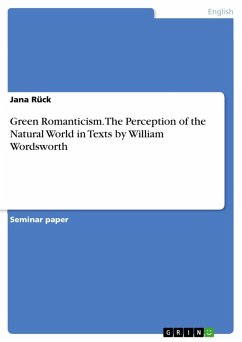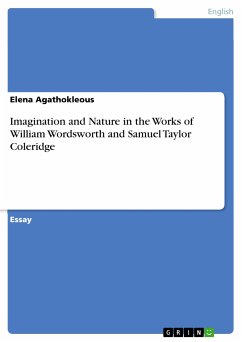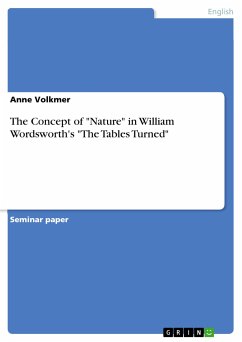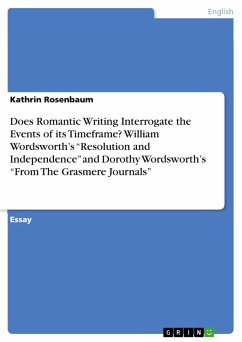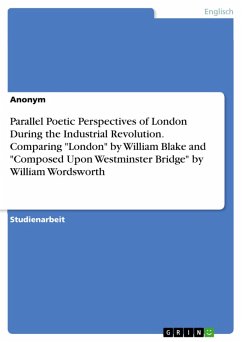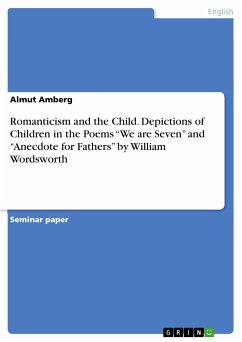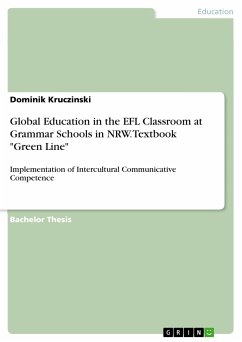Seminar paper from the year 2021 in the subject English Language and Literature Studies - Literature, grade: 1,7, University of Wuppertal, language: English, abstract: This paper deals with individual perceptions of the natural world and different positions of oneself within nature. Therefore, it presents an overview of British Romanticism and pictures different concepts of this Era. Important historical events and ecological approaches will be discussed, in order to connect these concepts to Romantic Ecocriticism. The paper focuses on two selected texts by two prominent authors from the Era of British Romanticism; William Wordsworth and Dorothy Wordsworth. In detail, their different individual representations of the natural world and their own standing within nature will be analysed and compared; Eventually these findings will be connected to ecocritical concepts. This paper is supported by various authors of studies in Romantic Ecocriticism and British Romanticism. Among others, John C. McKusicks and Kevin Hutchings' essays will help portraying the evolution of Green Romanticism. N. Hallam and Scott Hess are supporting this writing in terms of analysing the ecological concepts of respective literary works by the presented authors. Finally, a step into the future of the natural world will be taken, concerning present environmental hazards and their long term consequences for the humankind and the natural world, itself.
Dieser Download kann aus rechtlichen Gründen nur mit Rechnungsadresse in A, B, BG, CY, CZ, D, DK, EW, E, FIN, F, GR, HR, H, IRL, I, LT, L, LR, M, NL, PL, P, R, S, SLO, SK ausgeliefert werden.

